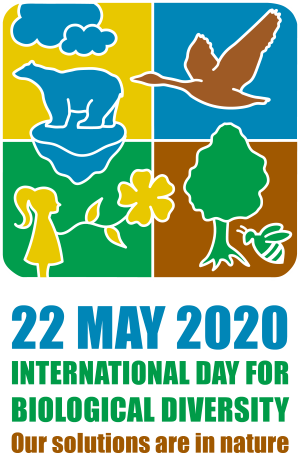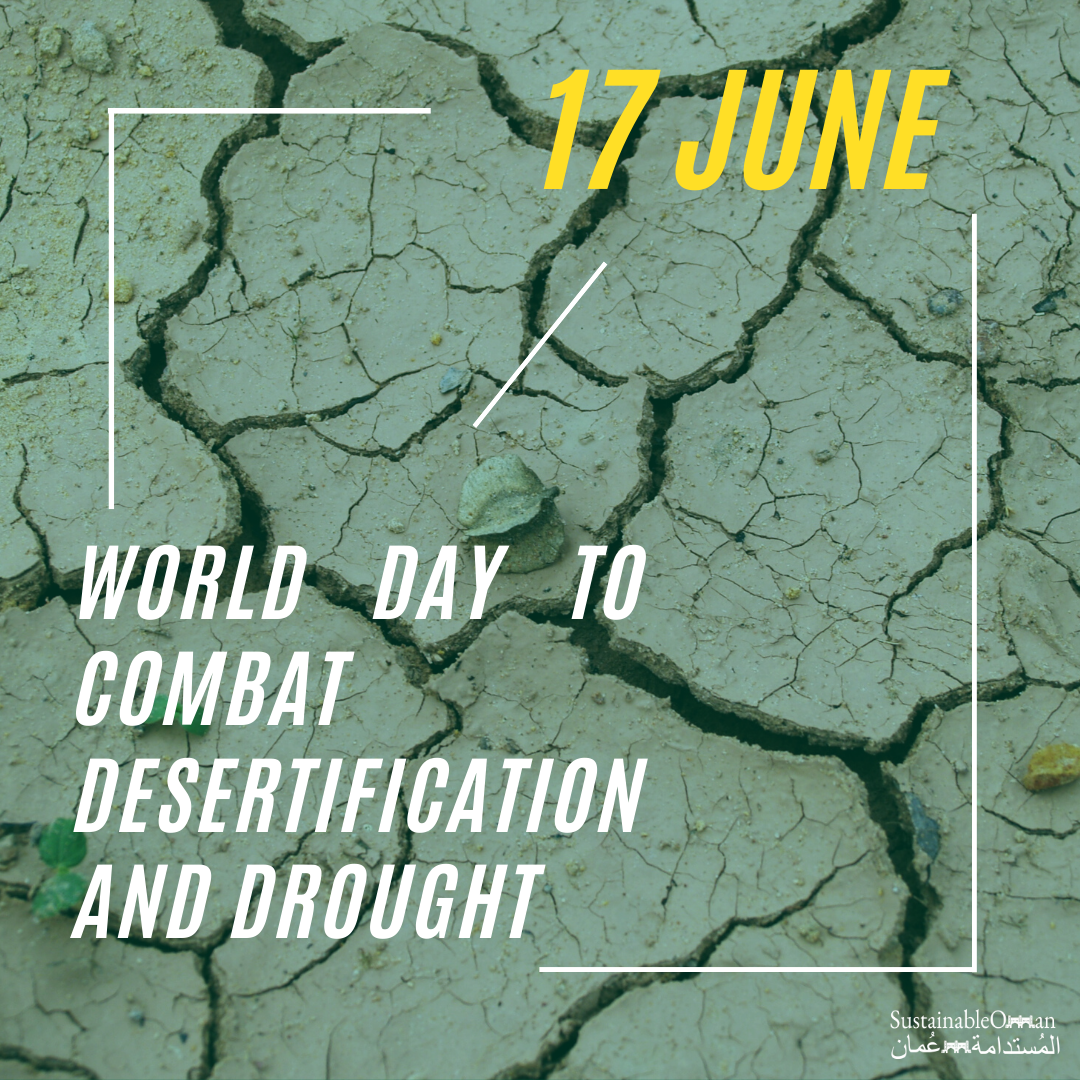Biodiversity loss is a loss for humanity
Biological diversity is often understood in terms of the wide variety of plants, animals and microorganisms, but it also includes genetic differences within each species — for example, between varieties of crops and breeds of livestock — and the variety of ecosystems (lakes, forest, deserts, agricultural landscapes) that host multiple kind of interactions among their members (humans, plants, animals).
Biological diversity resources are the pillars upon which we build civilizations. Fish provide 20 per cent of animal protein to about 3 billion people. Over 80 per cent of the human diet is provided by plants. As many as 80 per cent of people living in rural areas in developing countries rely on traditional plant‐based medicines for basic healthcare.
But loss of biodiversity threatens all, including our health. It has been proven that biodiversity loss could expand zoonoses – diseases transmitted from animals to humans- while, on the other hand, if we keep biodiversity intact, it offers excellent tools to fight against pandemics like those caused by coronaviruses.
While there is a growing recognition that biological diversity is a global asset of tremendous value to future generations, the number of species is being significantly reduced by certain human activities. Given the importance of public education and awareness about this issue, the UN decided to celebrate the International Day for Biological Diversity annually.
2020 Theme: Our solutions are in nature
As the global community is called to re-examine our relationship to the natural world, one thing is certain: despite all our technological advances we are completely dependent on healthy and vibrant ecosystems for our water, food, medicines, clothes, fuel, shelter and energy, just to name a few. The theme “Our solutions are in nature” emphasizes hope, solidarity and the importance of working together at all levels to build a future of life in harmony with nature.
The theme will cover 3 essential topics during the week leading up to the observance: 18 May will cover the importance of knowledge and science; 19-21 May will raise awareness of the importance of biodiversity; and finally, the day of the observance, will issue a call to action.



